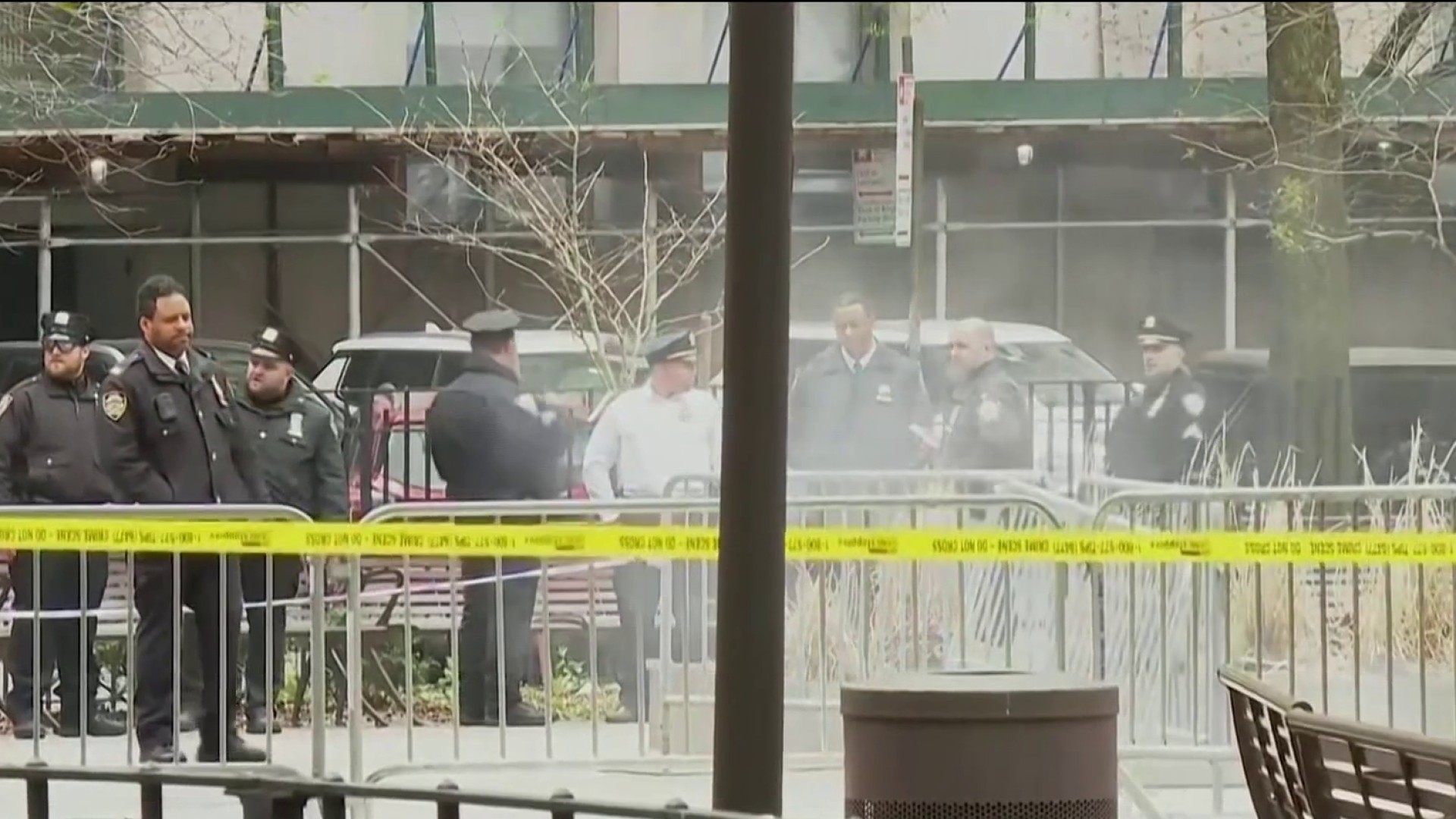You might have lost an hour of sleep today, but hey, it's Sunday.
Daylight saving time began at 2 a.m. today with clocks springing forward one hour - except in Arizona and Hawaii where it is not observed.
So unless you are a devout church member or get dragged to Sunday brunch by your partner, losing an hour sleep shouldn't be that big of a deal. To compensate, your drive or walk home from work will be brighter for longer. It is also a pleasant reminder that the summer months are coming.
Fire departments around the country traditionally use the clock adjustment to remind people to replace the batteries in their smoke detectors. They recommend the batteries be changed twice a year.
The change used to take place at the end of March. But a 2005 federal law moved it up a few weeks to save energy by taking advantage of longer sunlight.
The history of organized daylight saving time dates back to 1905 when English builder William Willet observed many Londoners sleeping through a beautiful summer morning. He campaigned to get the practice into effect until his death in 1915, yet it wasn’t until 1916 that German forces actually used the practice. The US starting their daylight saving time practices in 1918, even though it was heavily debated.
The controversy over daylight saving time continues even today. Many farmers and evening entertainment interests, like drive-in movies, have historically opposed the practice, while other industries, especially tourism and sports have been especially supportive due to increased profits. In fact, some reports believe businesses like golf courses add nearly $100 million dollars due to daylight saving time.
U.S. & World
Stories that affect your life across the U.S. and around the world.
Besides the economic effects on businesses, daylight saving time has also been pushed as having an effect on reducing energy costs. During his time in France, Benjamin Franklin wrote an anonymous letter suggesting Parisians rise early to make use of the earlier sunlight, thereby saving candles. Though most modern societies have moved on from candle light, the idea is similar: by having people wake up earlier during daylight hours (by adjusting their clocks), they’ll also use less electricity because the end of their work day will be closer to the time of darkness.



